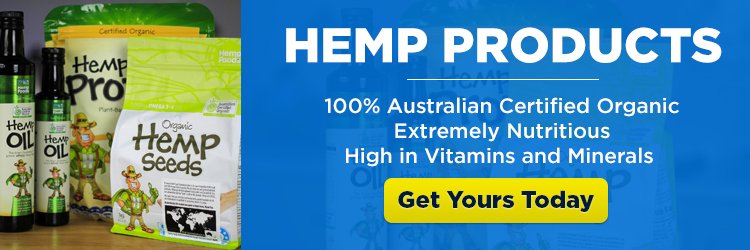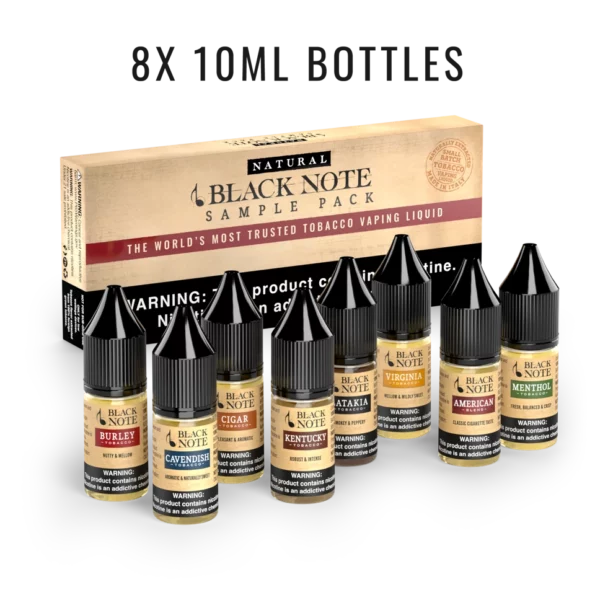Hemp seeds are the nutrient-packed ‘fruits’ of industrial hemp. It’s been consumed by man since ancient times and was in fact a staple food for the Chinese throughout the 10th century. Hemp seeds along with Hemp stalks played an important part of history until one man, an ardent racist set his eyes on marijuana prohibition due to his personal perception:
“Reefer makes darkies think they’re as good as white men. The primary reason to outlaw marijuana is its effect on the degenerate races.”
Harry Anslinger saw marijuana users as “most are Negroes, Hispanics, Filipinos, and entertainers. Their Satanic music, jazz, and swing result from marijuana use. This marijuana causes white women to seek sexual relations with Negroes, entertainers and any others.”
With Hemp being part of the cannabis sativa family, it was ‘mistakenly’ included in the negative campaign against marijuana for which in 1961 Anslinger brought it into the United Nations that eventually led to the Single Convention on Narcotic Drugs.
This move was adopted by many nations worldwide including Australia, due to the the United States’ strong political influence. However, there were also countries that maintained the cultivation of hemp like China and some European nations like the Scandinavian countries as well as Russia, France, Italy, Portugal, Hungary and Romania, although it was on a limited scale.
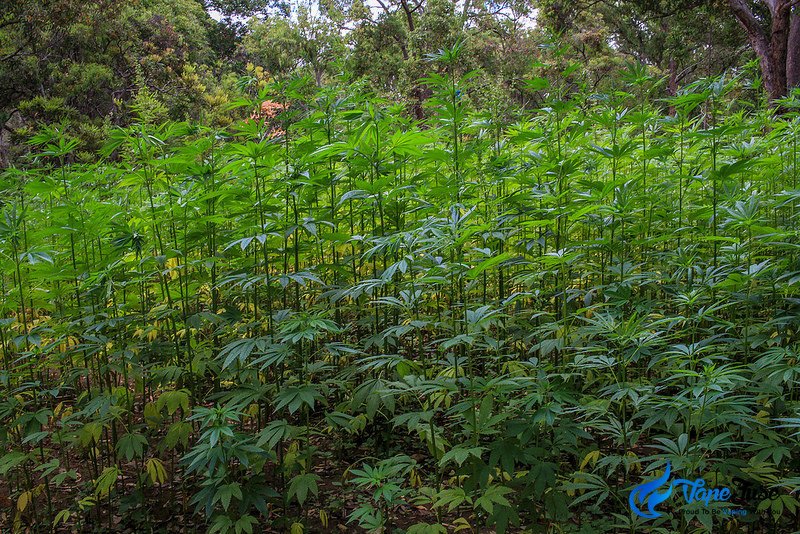
Fast forward, recognizing that Hemp is not the same as marijuana, due to the very low quantity (<0.3%) of THC content, the psychoactive component of cannabis that makes a person high. It is finally making its way back into the farming industry. Some Australian states have already started growing Industrial Hemp under a license, recognizing the useful contribution of this wonder plant, that will benefit everyday Australians, the local economy and the environment.
For centuries, Industrial Hemp stalks have been found to be a good source of fibre for textiles, rope, plastics and even construction materials, while its fruit popularly known as Hemp Seeds are rich in essential nutrients, vital for human survival. But human consumption of hemp seeds, as well as all products made from it, like oil, flour, hemp protein and hemp milk are not legal in Australia as per the Food Standards Australia and New Zealand (FSANZ) Standard 1.4.4 – Prohibited and Restricted Plants and Fungi in the Australia New Zealand Food Standards Code.
Two prominent applications (A360 – Use of industrial Hemp as a Novel Food and A1039—Low-THC Hemp as a Food) had been previously submitted to permit the sale of hemp seeds and its products, which were both rejected by the ministers of Australia and New Zealand Ministerial Forum on Food Regulation as it may “send a confused message to consumers about the acceptability and safety of illicit cannabis and pose problems for drug enforcement agencies.”
The main problem seems to be that law enforcement is worried that even very low levels of THC in hemp seeds and in other hemp products could create problems with roadside Cannabis testing.
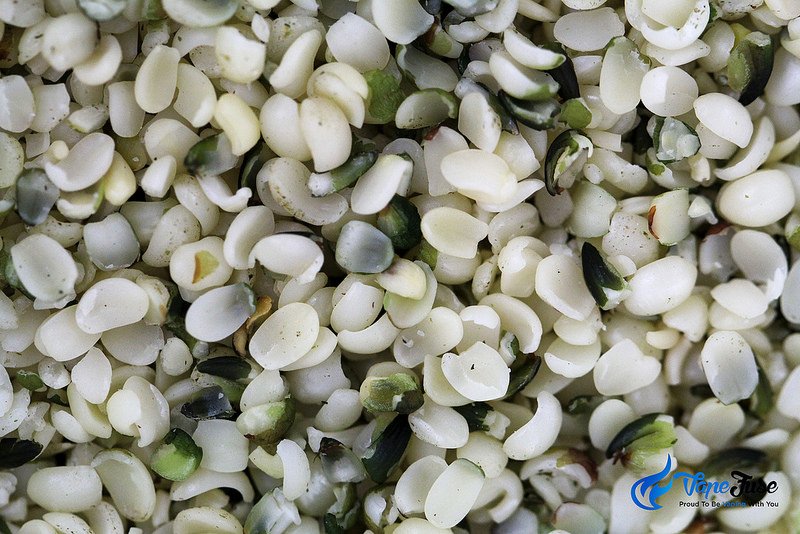
However, the Forum after rejecting the second application, also asked the Food Regulation Standing Committee (FRSC) to conduct further study on enforcement, roadside drug testing and hemp marketing issues, which will be completed early this year.
Along with that, FSANZ was tasked to submit another proposal for Hemp Seeds to be considered safe for human consumption. This can be found under Proposal P1042 – Low THC Hemp Seeds as Food. Once approved, the proposal will be considered by the Ministers of Australia and New Zealand Ministerial Forum on Food Regulation when they convene in April 2017, where the roadside testing result will be available.
If the proposal is successful, it will pave the way for Australians to reap the economic and health benefits Hemp Seed products will bring. It will also bring a positive effect on the sustainable hemp farming in the country.
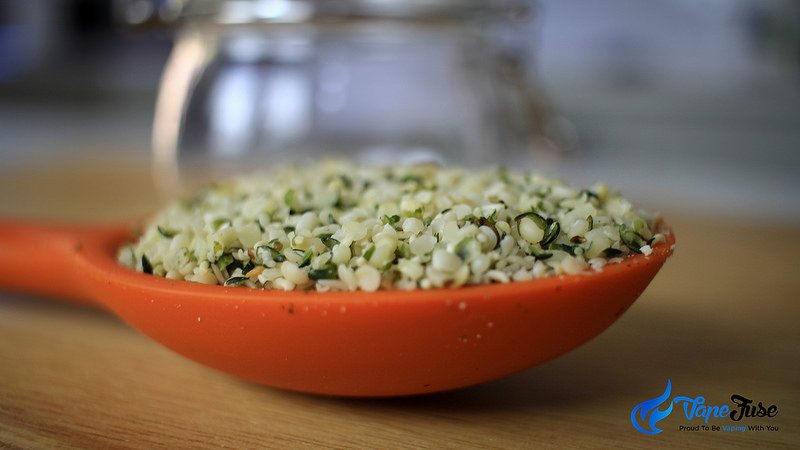
Currently, Hemp seeds consumption has been legal in most of the world, in countries like the United Kingdom, Canada and the United States due to its unrivalled balance in nutrients, such as protein, polyunsaturated fatty acids – Omega 6 and Omega 3, fibre content as well as various vitamins and minerals. Learn more about the nutrient content of Hemp seed product in our recent article called Everything You Need To Know About Hemp.
In a story from last year (2016), Hemp Foods Australia’s CEO, Paul Benhaim was predicting a 400% production growth for this year (2017), although hemp seed product consumption is still illegal in Australia. It said the demand is from overseas consumers, particularly in the country of Japan, who are interested to part take the health benefits of hemp seed products which are an all natural, organic, plant based protein and fiber sources.
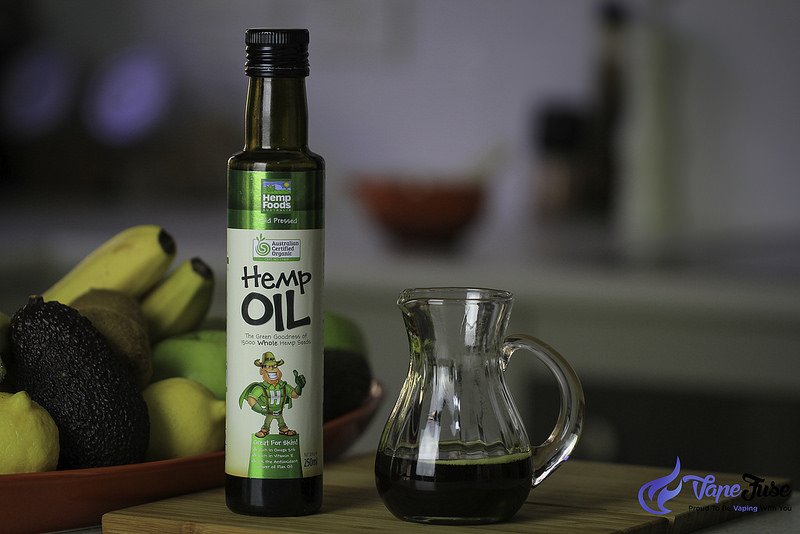
And once the new proposal for Hemp seed product consumption in Australia is approved this April (2017), expect that demand to be even more massive from the local consumers, which as of the moment is a growing market.
For now, it’s a wait and see situation but the hope is high, hemp seed consumption will be fully enjoyed by Aussies with no legal impediment soon…

